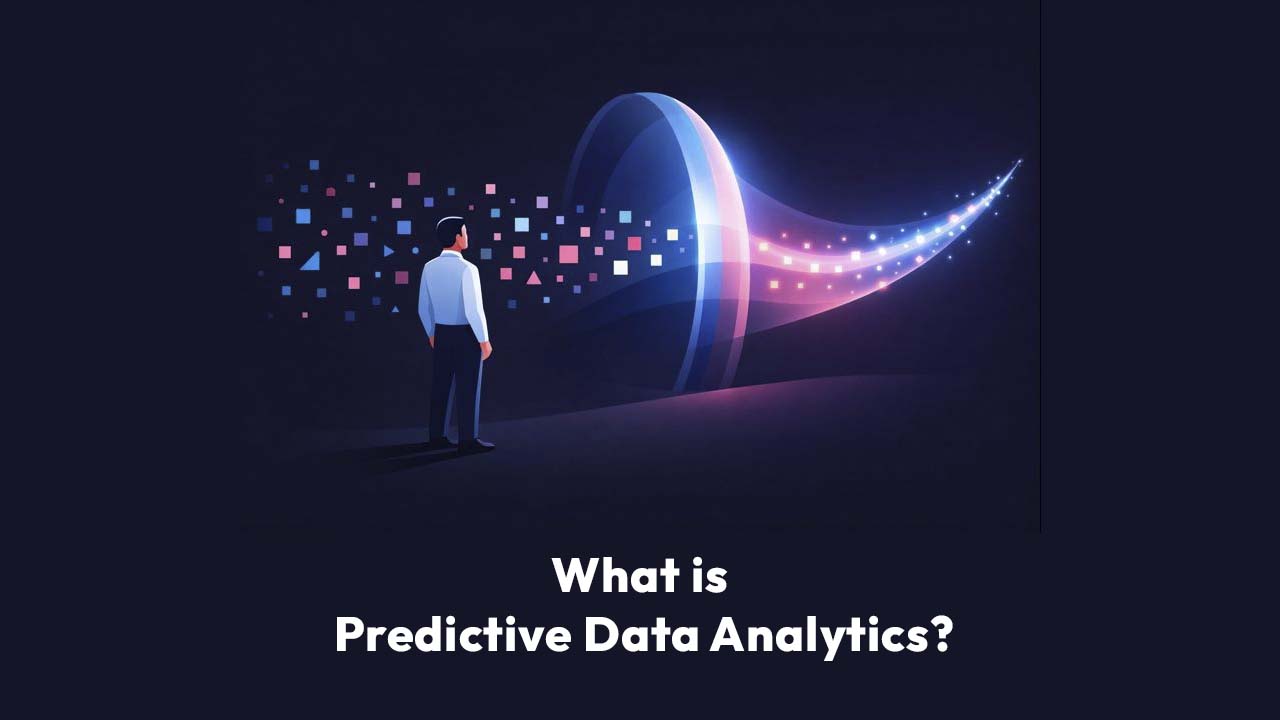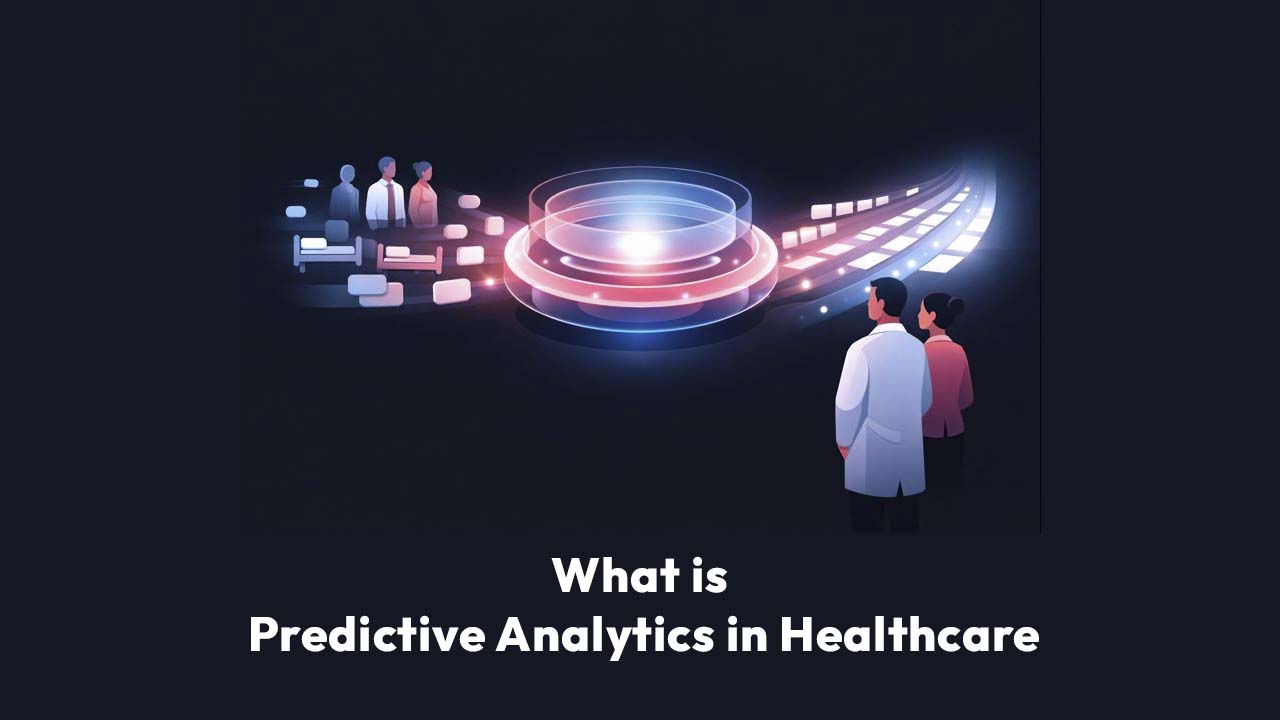Understanding the Basics of Data Analytics
Before we delve into the intersection of data analytics and FinOps, let's first understand what data analytics is all about. At its core, data analytics is the process of examining, cleaning, transforming, and modeling data to uncover meaningful insights and patterns that can drive business decision-making. It involves using various statistical and mathematical techniques to extract valuable information from raw data.

Data analytics is a multifaceted field that encompasses a wide range of methodologies and tools. From descriptive analytics that help in understanding what has happened in the past to predictive analytics that forecast future trends, data analytics offers a spectrum of capabilities to organizations. Moreover, with the advent of technologies like artificial intelligence and machine learning, data analytics has evolved to provide more advanced and accurate insights.
Defining Data Analytics
Data analytics is not just about collecting data; it's about making sense of that data and using it to gain actionable insights. It involves working with structured and unstructured data from various sources such as financial systems, customer databases, and even social media platforms. Through data analytics, businesses can identify trends, detect anomalies, forecast future outcomes, and optimize their operations.
Furthermore, data analytics plays a crucial role in enabling data-driven decision-making across all levels of an organization. From top-level strategic decisions to day-to-day operational choices, data analytics provides the necessary information and insights to drive business success. By leveraging data analytics, companies can better understand their customers, improve product offerings, and stay ahead of market trends.
Importance of Data Analytics in Today's World
In today's highly competitive business landscape, data analytics has become essential for survival and growth. It empowers businesses to make data-driven decisions, identify new revenue streams, reduce costs, and enhance operational efficiency. With the exponential growth of data, businesses that fail to embrace data analytics risk falling behind their competitors.
Moreover, data analytics is not limited to just large corporations; small and medium-sized enterprises can also benefit significantly from harnessing the power of data. By implementing data analytics strategies, businesses of all sizes can gain a competitive edge, improve customer satisfaction, and drive innovation. In essence, data analytics has transformed from being a mere tool for analysis to a strategic imperative for businesses looking to thrive in the digital age.
Unveiling FinOps: A Brief Overview
Now that we have a solid understanding of data analytics, let's zoom in on its intersection with FinOps. So, what exactly is FinOps?
Before delving deeper into the realm of FinOps, it's essential to recognize the pivotal role it plays in the modern business landscape. As organizations increasingly rely on cloud computing services to power their operations, the need for effective financial management within this digital ecosystem has become more pronounced. This is where FinOps steps in, offering a structured approach to managing cloud costs and optimizing financial efficiency.
What is FinOps?
FinOps, short for Financial Operations, is a discipline that aims to align financial practices with cloud computing in order to optimize costs, enhance efficiency, and drive business value. It involves a holistic approach that spans budgeting, forecasting, tracking, and optimizing the financial aspects of cloud operations.
At its core, FinOps represents a shift in mindset from viewing cloud costs as a technical challenge to recognizing them as a business opportunity. By integrating financial considerations into the cloud management process, organizations can achieve greater control over their expenditure, allocate resources more effectively, and ultimately improve their bottom line.
Key Principles of FinOps
FinOps is guided by three key principles: accountability, transparency, and responsibility. Accountability involves ensuring that costs are allocated correctly, enabling teams to understand and manage their financial impact on the business. Transparency is about providing visibility into costs and usage data, promoting informed decision-making and cost optimization. Responsibility emphasizes the importance of individual teams taking ownership of their financial responsibilities to drive efficiency and innovation.
These principles form the foundation of a successful FinOps practice, fostering a culture of financial awareness and empowerment within organizations. By embracing these principles, businesses can not only streamline their cloud expenditure but also leverage financial insights to drive strategic growth and innovation initiatives.
Intersection of Data Analytics and FinOps
Now that we have a grasp of both data analytics and FinOps, let's explore how these two powerful disciplines intersect and complement each other.
The Synergy between Data Analytics and FinOps
Data analytics and FinOps go hand in hand when it comes to optimizing financial processes. With data analytics, businesses can analyze cost data, identify spending patterns, and gain insights into resource utilization. These insights enable businesses to make data-driven decisions that not only reduce costs but also optimize resource allocation and improve overall financial performance.
How Data Analytics Enhances FinOps
Data analytics enhances FinOps by providing the tools and techniques necessary to analyze vast amounts of financial and operational data. Businesses can use data analytics to monitor cloud spending in real-time, identify cost optimization opportunities, and forecast future expenditure. Moreover, by leveraging advanced analytics techniques such as machine learning and predictive modeling, businesses can proactively identify potential financial risks and take preventive measures.
Tools and Techniques in Data Analytics for FinOps
Now that we understand how data analytics and FinOps complement each other, let's explore the tools and techniques that businesses can leverage to make the most of this synergy.

Popular Data Analytics Tools for FinOps
There is a wide range of data analytics tools available that businesses can use for FinOps. Some popular examples include Microsoft Azure Cost Management, Amazon Web Services (AWS) Cost Explorer, and Google Cloud's Cost Management. These tools provide powerful visualizations, cost breakdowns, and insights that enable businesses to gain a comprehensive understanding of their cloud spending.
Advanced Techniques in Data Analytics for FinOps
While basic analytics techniques are essential, advanced techniques can take FinOps to the next level. Machine learning algorithms can be used to develop predictive models that forecast cloud costs based on historical data and other factors. Furthermore, anomaly detection algorithms can help identify unusual spending patterns or inconsistent resource utilization, enabling businesses to take corrective actions proactively.
Challenges in Implementing Data Analytics in FinOps
Despite the transformative value of data analytics in FinOps, there are challenges that businesses may encounter when trying to implement data analytics in their financial operations.

Common Obstacles in Data Analytics Adoption
One of the key challenges is the lack of data literacy among employees. Data analytics requires a certain level of understanding and expertise that not all employees possess. Additionally, integrating data analytics into existing financial systems and processes can be complex and time-consuming.
Overcoming Challenges in Data Analytics Implementation
To overcome these challenges, businesses should invest in data literacy training programs to upskill employees. They should also prioritize data governance and data quality to ensure the accuracy and reliability of the insights derived from data analytics. Collaborating with cross-functional teams and involving stakeholders from different departments can also help streamline the implementation process.
The Future of Data Analytics in FinOps
As technology advances and more businesses embrace cloud computing, the role of data analytics in FinOps will only continue to grow. By harnessing the power of data, businesses can unlock valuable insights that drive financial optimization, agility, and growth. The future of FinOps lies in the seamless integration of data analytics, automation, and artificial intelligence to create a truly intelligent and efficient financial ecosystem.
As we conclude this comprehensive guide to data analytics in FinOps, one thing is clear: businesses that harness the power of data analytics are better positioned to thrive in today's dynamic business landscape. By embracing data analytics and adopting a data-driven mindset, businesses can unlock the true potential of their financial operations and pave the way for future success.
Ready to transform your FinOps with the power of data analytics? Scoop Analytics is here to elevate your financial operations to new heights. Whether you're part of a Revenue, Marketing, or Finance Operations team, or a Business Analyst seeking a user-friendly data management solution, Scoop streamlines your data lifecycle management with ease. Say goodbye to the hassle of complex APIs and embrace the simplicity of Scoop's spreadsheets and filterable slides for your next Monday morning meeting. Get started with Scoop today and unlock the full potential of your data for smarter, faster decision-making.








.png)